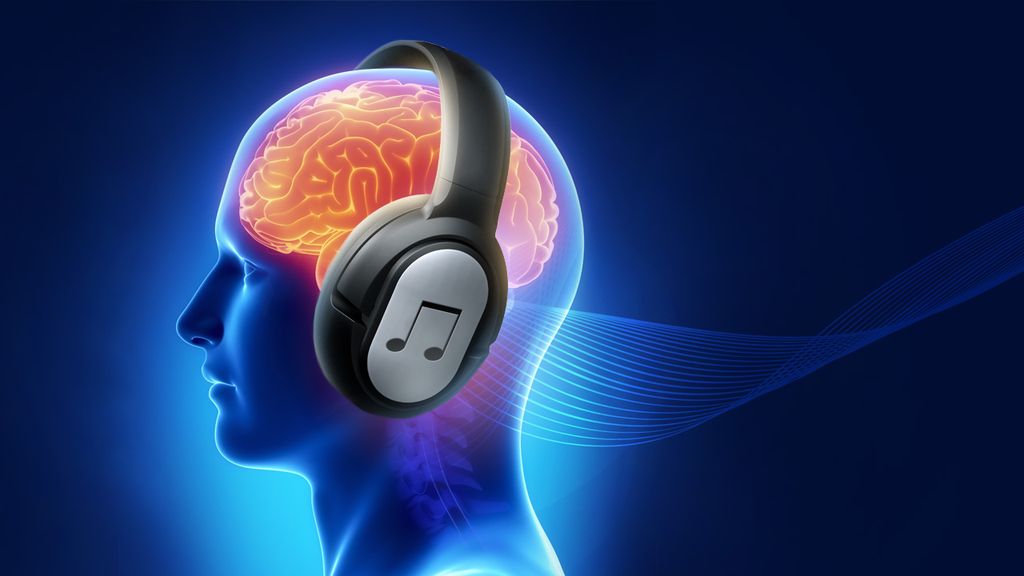Neuroplasticity of Music
As we grow and discover new artists, we refine the compilation of music in our brains. But do we stop developing taste in music at a certain age? Many researchers believe that by the age of 14 musical preferences are completely developed. Does this mean that your taste in music is set in stone for the rest of your life? Not exactly.
In an article from the New York Times, David Hajdu points out that major music stars such as John Lennon, Paul Simon, and Aretha Franklin, and many other successful artists all turned 14 during the mid-50s, when rock ‘n’ roll was first becoming a major genre. Altough it may just be a strange coincidence, Hajdu believes that this is what influenced them to pursue music as a career “Fourteen is a sort of magic age for the development of musical tastes,” says Daniel J. Levitin, a professor of psychology and the director of the Laboratory for Music Perception, Cognition and Expertise at McGill University. “Pubertal growth hormones make everything we’re experiencing, including music, seem very important. We’re just reaching a point in our cognitive development when we’re developing our own tastes. And musical tastes become a badge of identity.”
Much like learning a foreign language is easier to do as a child, so is developing and changing a taste in music. “When your brain is new and still developing, it’s constantly creating new and different neural pathways to perform all the mental tasks that will be required of it throughout your life.” So the music that you listen to as a kid, whether it’s your parents old mix tapes, MTV music countdowns, or Radio Disney, all of it is potential for creating the foundations of your music taste.
Once you start to get a little older, around age 10, you begin to realize what kinds of music you do or do not like, and by age 12 you start to fine-tune your musical preferences. At age 14, you pretty much stop developing preferences and your music taste is a “done deal”.
It’s hard to believe that past a certain age you stop developing new preferences or don’t grow tired of old favorites. A new front in neurological research proves that our brains are not hard-wired and that our neural connections do not become set in stone – a concept known as neuroplasticity.
Donald O. Hebb was one of the first to explain the basis of neuroplasticity in the 1950s. He stated “When an axon of cell A is near enough to excite cell B and repeatedly or persistently takes part in firing it, some growth process or metabolic change takes place in one or both cells such that A’s efficiency, as one of the cells firing B, is increased.” This became known as Hebb’s Law, more commonly paraphrased as “Neurons that fire together wire together”. Neurons that signal together often are more likely to make connections, and neurons that stop sending signals together are likely to break, or unwire, their connections
Since our brain is constantly rewiring itself, there is no way our taste in music is concretely set in our minds at the age of 14. We are constantly making and breaking new connections in our brain, thus expanding our music taste to new bands or genres while growing out of others.
Even though our music tastes are not permanently determined, they tend not to change too drastically. That is because we do not lose all of our connections, and we like to base our music preferences on past favorites. So the genres of music you liked as a kid are most likely the same or similar to the genres you listen to now. Also, emotional memories of your favorite bands as a kid make the connections stronger. So even if you don’t listen to the Backstreet Boys or Blink-182 on a daily basis anymore, they still hold a place in your heart (and your head)!
– Amy Casarella
Sources:
http://www.cracked.com/article_20065_5-ways-your-taste-in-music-scientifically-programmed_p2.html
http://www.nytimes.com/2011/05/24/opinion/24hajdu.html

February 25, 2014
Nicely written article Amy. I found it very informative and well researched. Thanks
July 19, 2014
#SUPPORT
April 4, 2016
Interesting read. I do remember all of my favorite artists from when I was 14, and still listen to them.